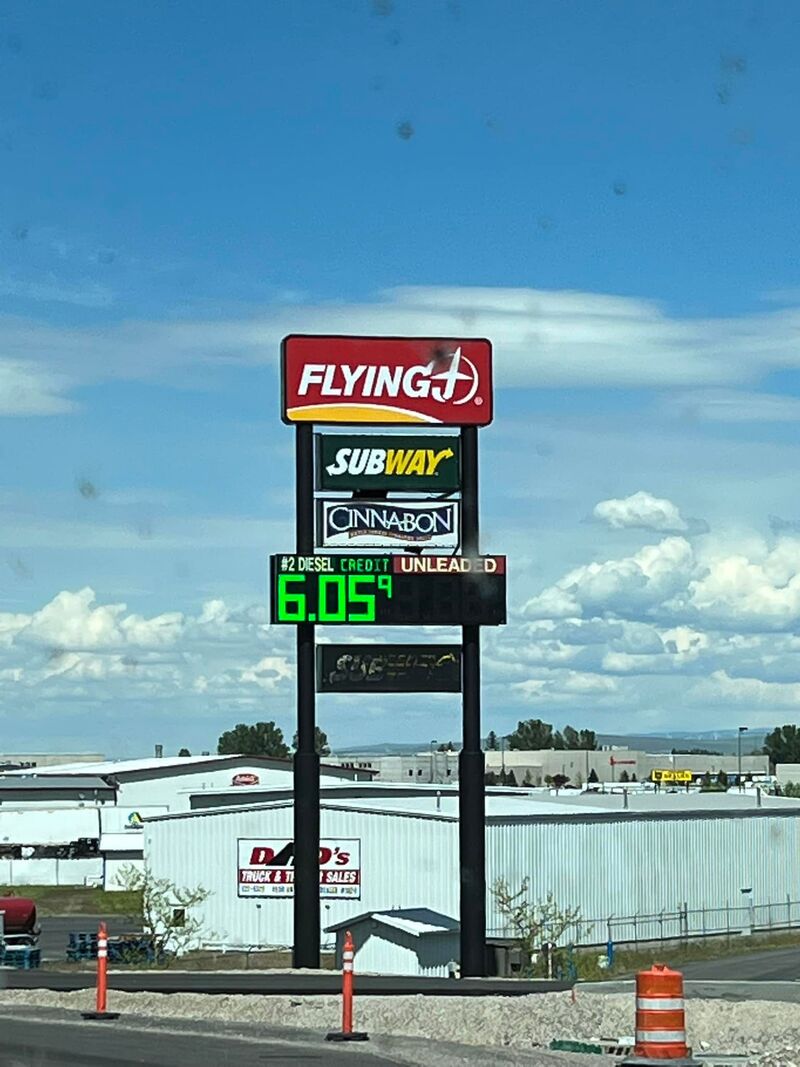The National Cattlemen’s Beef Association says it’s time to keep Brazilian fresh beef out of the...
Need for Energy Security Underscored

According to Foreign Affairs Magazine, “the number, intensity, and length of violent conflicts worldwide is at its highest level since before the end of the Cold War.” This unprecedented contemporary level of global discord introduces significant uncertainty into the commodity markets – and for energy prices in particular, given the location of regional conflicts.
Economic historian Daniel Yergin observed that a war in the Middle East typically disrupts oil supply and sends oil prices soaring because the region is home to about half of the world’s proven reserves. Adding further fuel to the fire is the fact that global suppliers are reconciling the prospect of an accelerated energy transition with the realities of current fossil-fuel-dependent economies – reasserting control where they can. Case in point is the recent OPEC+ decision to roll formal oil-production cutbacks – amounting to about 5 percent of global supply – into 2024 and expand a voluntary curb of an additional 2.2 million barrels per day early in the year.
News of the original supply withholdings during the summer increased oil prices by 9 percent in the third quarter. The purported reason was to balance the market to address concerns the global economy was slowing. But there are also indications that those recent OPEC decisions mark a watershed moment in producer-consumer relations, with the bloc determined to reassert market control by freeing up spare capacity. Further, the fact that major producer Brazil will formally join the producer alliance shows a new heightened degree of coordination amongst global suppliers.
Nevertheless, in what appears to be a fleeting moment, oil prices actually decreased by 5 percent in the fourth quarter – as the economy slowed and inventories increased – but it is unlikely that current market calm will persist. Indeed, the World Bank asserted that should conflict-driven disruption escalate, oil prices could potentially blow past $150 per barrel in 2024 – or 56 percent to 75 percent more than the 2023 fourth-quarter baseline. In the World Bank’s recent report, the organization assessed the amount of supply dislocation under three different risk scenarios, relying upon historical precedents to estimate the effects of small, moderate and large disruptions.
Importantly, the World Bank noted, “these types of disruptions in oil supplies can have a cascading impact on the prices of other commodities – especially natural-gas prices, which are even more susceptible to transportation disruptions than oil.”
The growing need for the United States – the world’s largest consumer – to begin to replenish supplies is setting a potential floor for prices this year, especially while oil prices remain a relative bargain. The U.S. Strategic Petroleum Reserve, at about 350 million barrels, is at only half the level it was in 2021 and the lowest since 1983. The historical echoes of the Middle East conflict 50 years ago and the resulting petroleum embargo underscore the necessity of replenishing the country’s strategic stockpile. And to avert potential economic repercussions outlined by the World Bank, the United States needs to make those purchases sooner rather than later.
EDITOR’S TAKE:
This article underscores the serious threat that the current geopolitical unrest could have on our daily life. It clearly demonstrates the importance of maintaining our ability to produce and transport energy domestically. Farmers/ranchers rely heavily on energy for not only their electrical supply, but for fertilizer and diesel fuel. A spike in any of these energy sectors could send shockwaves through the food chain. Farmers/ranchers are working hard to do their part with supplementing energy production vis a vis ethanol and biofuels, but they can’t do it alone. They still need traditional energy sources to ensure that safe, abundant, relatively inexpensive food supply we all have come to appreciate and enjoy. Help farmers/ranchers with those new vehicles that are technologically advanced and very energy efficient. Put your inventory on AgTruckTrader.com.







